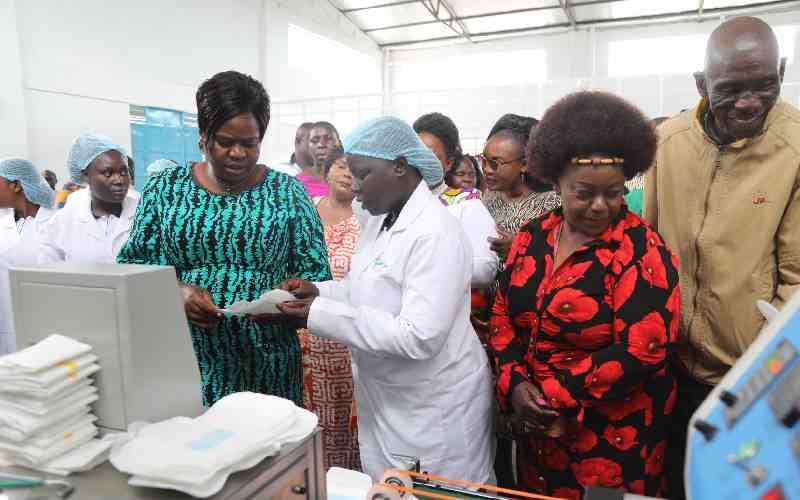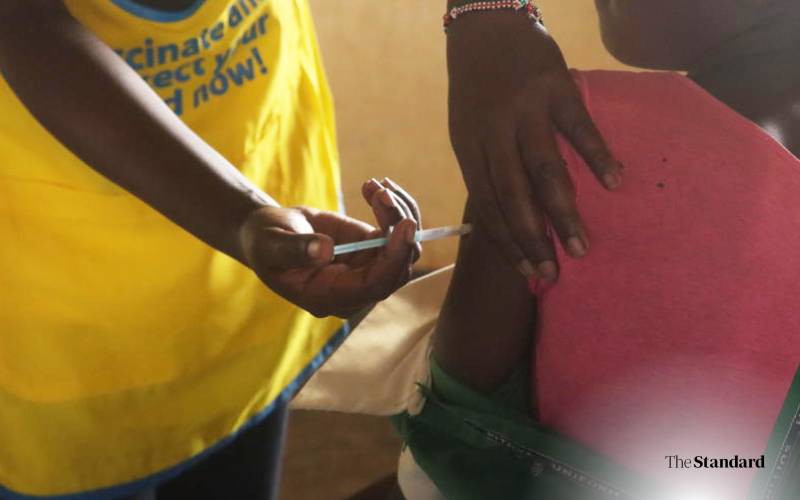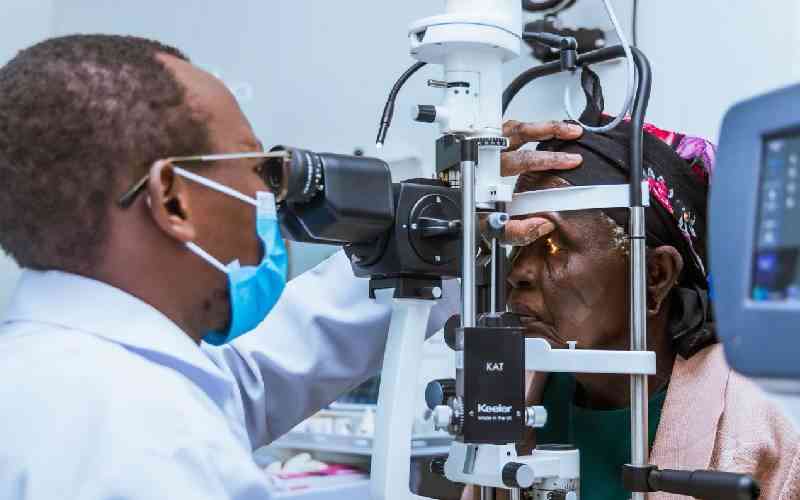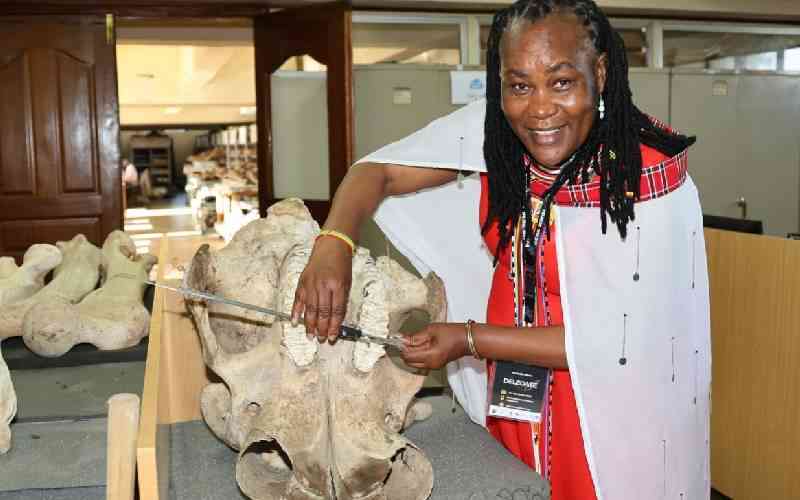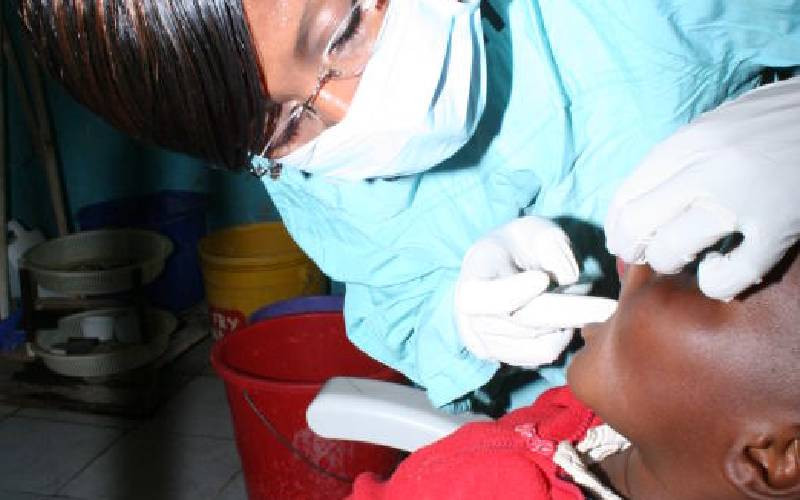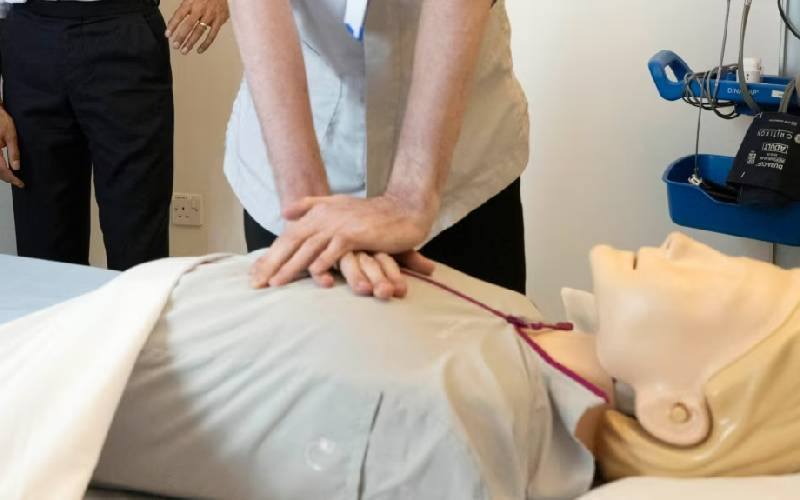
Bystanders are less likely to give life-saving CPR to women having a cardiac arrest in public than men, leading to more women dying from the common health emergency, researchers said Monday.
Cardiopulmonary resuscitation combines mouth-to-mouth breathing and chest compressions to pump blood to the brain of people whose hearts have stopped beating, potentially staving off death until medical help arrives.
In research to be presented at a medical conference in Spain this week, but which has not yet been peer-reviewed, a team of Canadian doctors sought to understand how bystanders administer the procedure differently to men and women.
They looked at records of cardiac arrests that took place outside of hospitals in the United States and Canada between 2005 and 2015, which included nearly 40,000 patients.
Overall, 54% of the patients received CPR from a bystander, the research said.
For cardiac arrests in a public place, such as in the street, 61% of women were given CPR by a bystander - compared to 68% of men.
Alexis Cournoyer, an emergency physician at the Hopital du Sacre-Coeur de Montreal who conducted the research, told AFP that this gap "increases women's mortality following a cardiac arrest - that's for sure."
Cardiac arrests are a leading cause of death, with more than 350,000 occurring in the U.S. alone every year, according to the American Heart Association.
Only around 10% of people who have a sudden cardiac arrest outside of a hospital survive, research has shown.
The researchers sought to find a reason for the gender gap.
One theory was that bystanders in public could be uncomfortable touching a women's breast without consent, Cournoyer said.
The researchers looked into whether age could play a role, he added.
 The Standard Group Plc is a multi-media organization with investments in media
platforms spanning newspaper print
operations, television, radio broadcasting, digital and online services. The
Standard Group is recognized as a
leading multi-media house in Kenya with a key influence in matters of national
and international interest.
The Standard Group Plc is a multi-media organization with investments in media
platforms spanning newspaper print
operations, television, radio broadcasting, digital and online services. The
Standard Group is recognized as a
leading multi-media house in Kenya with a key influence in matters of national
and international interest.


